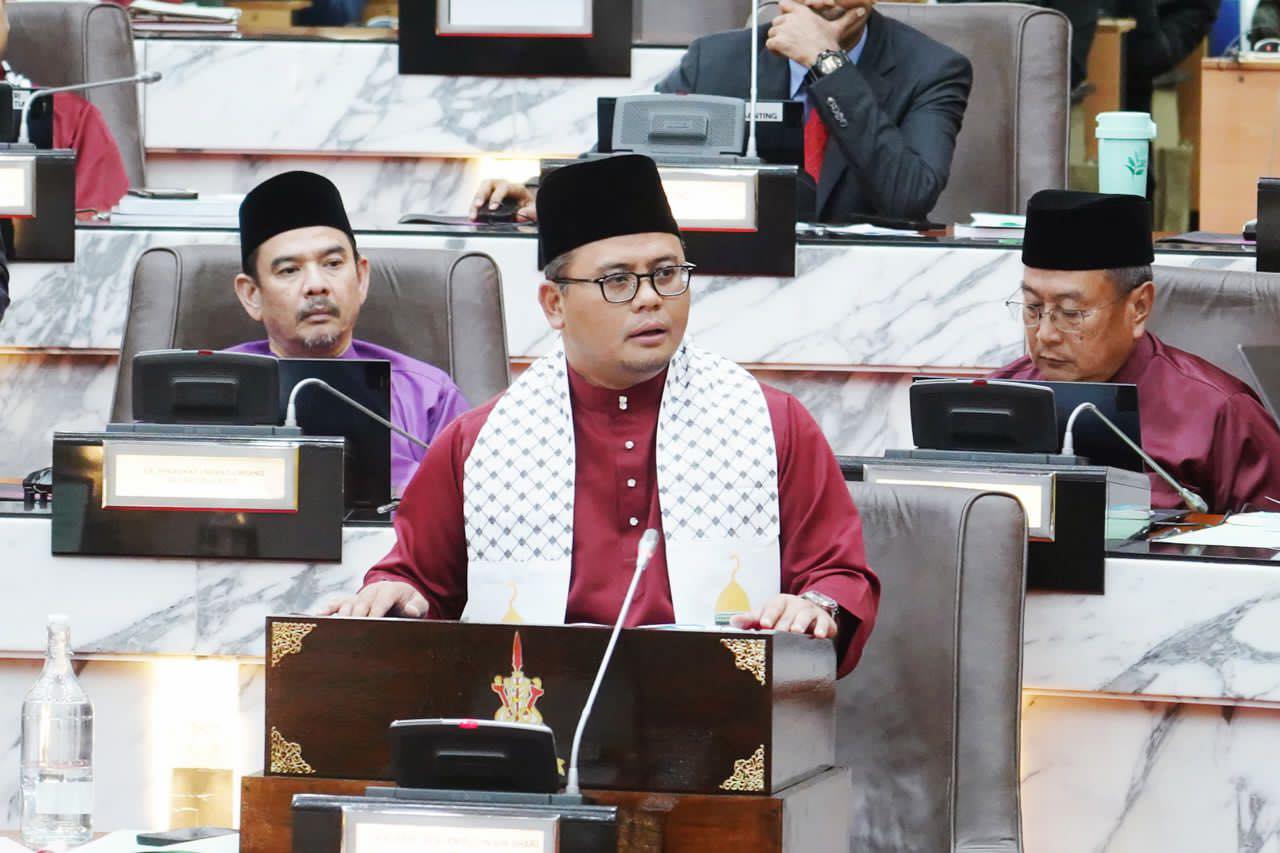SHAH ALAM, Nov 10 — The Selangor state government today unveiled multiple health programmes in Budget 2024 to address the non-communicable disease (NCD) crisis, proposing an allocation of RM59.7 million for public health.
The state’s 2024 budget included a new hospitalisation benefit of up to RM10,000 annually for bottom 40 per cent (B40) recipients of the Iltizam Selangor Sihat (ISS) programme at selected panel hospitals.
“The state government recognises that the cost of hospitalisation at private hospitals is high and that low-income earners do not have the financial capacity to bear the cost of such treatment,” Selangor Menteri Besar Amirudin Shari told the Selangor state legislative assembly when tabling Budget 2024 here today.
Amirudin said that the Selangor state government will maintain and improve the additional benefits that users have been enjoying before this. According to him, the improvements are made to ensure that the benefits beneficiaries enjoy under the scheme do not overlap with the benefits under other programmes.
“Amongst the benefits are the critical illness benefit of RM5,000 and the natural death benefit of as much as RM5,000. This benefit will also cover family members registered under ISS,” he said.
In addition to the above allocation, Amirudin stated the ISS programme will be given an allocation amounting to RM35 million for 2024, RM10 million less than this year’s allocation of RM45 million.
This decrease in funds for the programme — which is meant to benefit up to 100,000 ISS beneficiaries and an estimated 150,000 registered family members of primary policyholders — comes as a result of low utilisation by ISS beneficiaries.
Last month, Selangor Public Health and Environment state executive councillor (exco) Jamaliah Jamaluddin revealed that only 7 per cent of the 98,142 ISS beneficiaries have tapped into their benefits.
Jamaliah held that the low utilisation could be a result of beneficiaries being unaware of the benefits that have been added through the years.
The Selangor Public Health and Environment Exco held that she and her team plan on promoting the programme in the coming years.
ISS holders are eligible to receive basic treatment and vaccinations. Families are awarded RM500 a year, while singles are given RM250. Beneficiaries are able to seek treatment with SelCare panel clinics throughout the country.
The Bantuan Sihat Selangor (BSS), introduced in 2009, will also be continued with an allocation of RM5 million for 2024.
Via the BSS, the underprivileged will receive monetary aid of up to RM5,000 to bear treatment costs such as dialysis, cataract surgery, minor surgery, cancer treatment, transportation costs, and medical aid tools.
The Selangor State Heart Treatment Programme or Skim Rawatan Jantung Negeri Selangor that provides financial aid of as much as RM50,000 to eligible beneficiaries received an allocation of RM 5 million for 2024.
In addition to the public health programmes, Amirudin also announced an allocation of RM1.5 million for the Civil Servants Iltizam Sihat Scheme (ISSPA).
The scheme benefits civil servants who fall into the Grade 44 and below categories, and wo are serving the Selangor state government secretariat. This includes members of the staff working under the state government administration.
Civil servants under the ISSPA programme are eligible for basic treatment at panel clinics and protective benefits for death by natural causes, critical illnesses, and funeral expenses.
Furthermore, the Selangor state government will continue the Selangor Screening Programme and the cancer screening programme with a RM3.2 million allocation.
The Selangor Screening Programme provides screenings for three NCDs and three communicable diseases. NCD screening includes cardiovascular diseases, kidney disease, diabetes, high blood pressure, and eye screening. Cancer screening covers breast cancer, cervical cancer, and prostate cancer.








